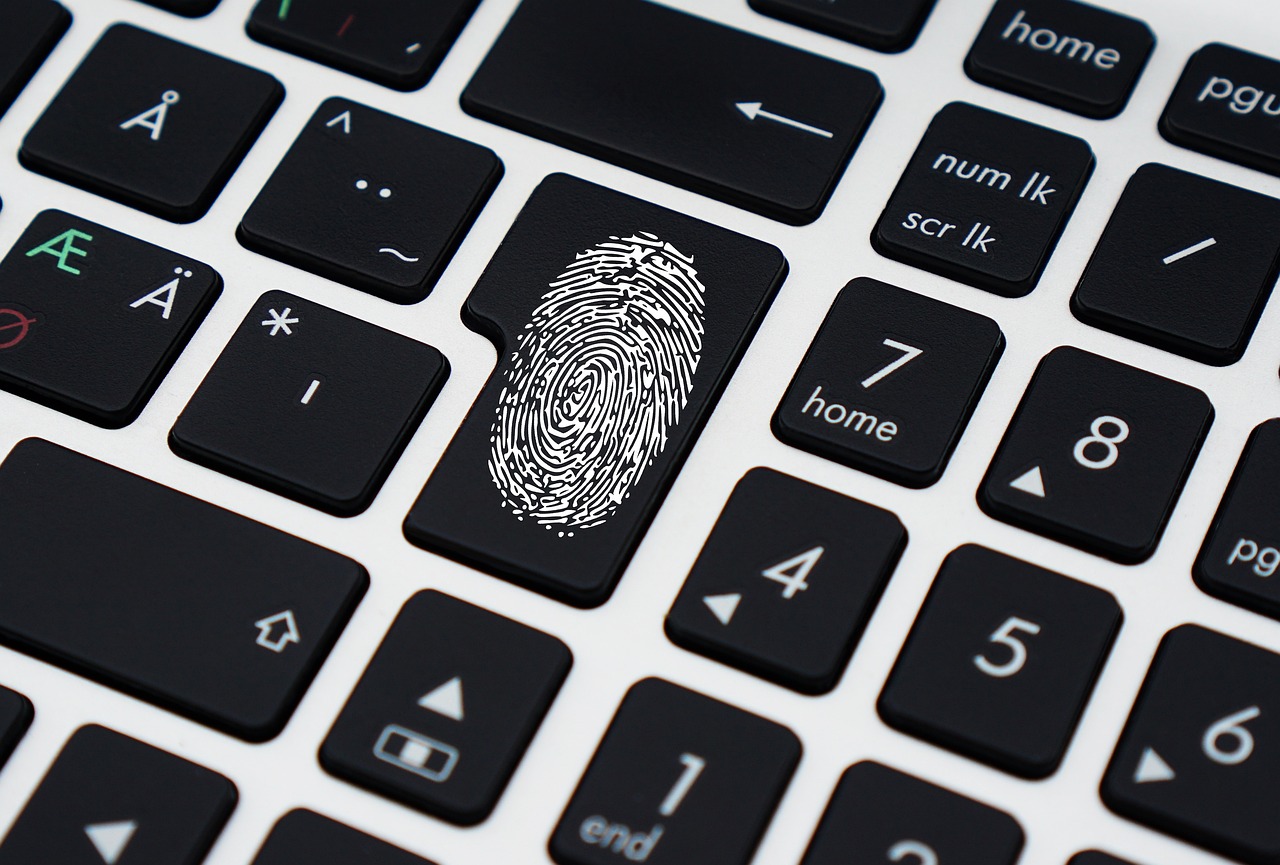With security and hygiene both growing concerns in the modern world, investment in the development of biometric technology has been generous. With plenty of funding to play with, tech companies have been leaping ahead with astonishing new advancements arising every year.
From biometric fingerprint time clocks to neuromarketing, here are five of the most fascinating trends to be aware of in 2022.
Table of Contents
1. More robust multifactor authentication (MFA)
With cyberattacks and deepfakes on the rise, it’s crucial for companies to have robust physical and cyber security measures in place. With MFA, security breaches can be greatly reduced as, even if a bad actor is able to fake one piece of identifying information, they are unlikely to be able to make it through every MFA step, especially if biometrics are involved.
Indeed, biometric technology is rapidly becoming the gold standard of MFA, replacing passwords that are ever easier to hack, even if we follow all the correct protocols for making them complex.
2. Delicate details
Until the rise of biometric technology, we all thought our fingerprints were thoroughly unique. However, as it turns out, those whorls and loops actually come in basic configurations we share with plenty of people. It’s only in the finest details and microscopic minutiae that the real uniqueness comes in. This is where a great deal of attention is currently being placed on the development of biometric technology.
While there are obvious benefits to being able to gain far more accurate biometric readings, there are some unexpected benefits too. For example, it can be difficult to accurately ID children with biometrics due to their small size. With the more advanced technology currently under development, this task will become easier, and biometrics will become a valuable tool in the fight against human trafficking and crimes against children.
3. Better healthcare
The last thing a person wants to think about in an emergency situation is where their ID is. With the latest advancements in biometrics, people can be identified in an instant and their health records accessed without having to disturb them or waste any time that could be spent on delivering care.
This means emergency services can know in an instant whether they can administer certain medications or whether the patient has allergies or other contraindications. It will also combat the many other issues that can arise from misidentifying patients in a healthcare setting.
4. More secure banking
You may be pleased to learn that you may not have to carry your credit cards around with you much longer. With biometric technology, your fingerprint, face, irises, and other features may soon be all you need to make purchases or access funds at an ATM. MFA will be necessary to ensure your safety and security. Meanwhile, you’ll never have to worry about your card details being stolen by a card scanner again.
5. More relevant advertising
Let’s be honest here – none of us are super into advertising. However, ads and brand messages feel far less intrusive and annoying when they’re relevant and helpful. Interestingly, biometrics are being used in the emerging field of neuromarketing to help neuroscientists and marketers understand what truly drives and interests us with far greater accuracy than could ever be achieved via surveys and other self-reporting tools. The idea is to give us a tailored experience that cuts out all the noise we’re not interested in and connects us with the brands, products, and services we genuinely vibe with.
Technology is advancing so quickly that it’s essential to keep on top of year-on-year developments. Now that you’re all caught up on biometric technology, which frontier will you explore next?

Alex is fascinated with “understanding” people. It’s actually what drives everything he does. He believes in a thoughtful exploration of how you shape your thoughts, experience of the world.


